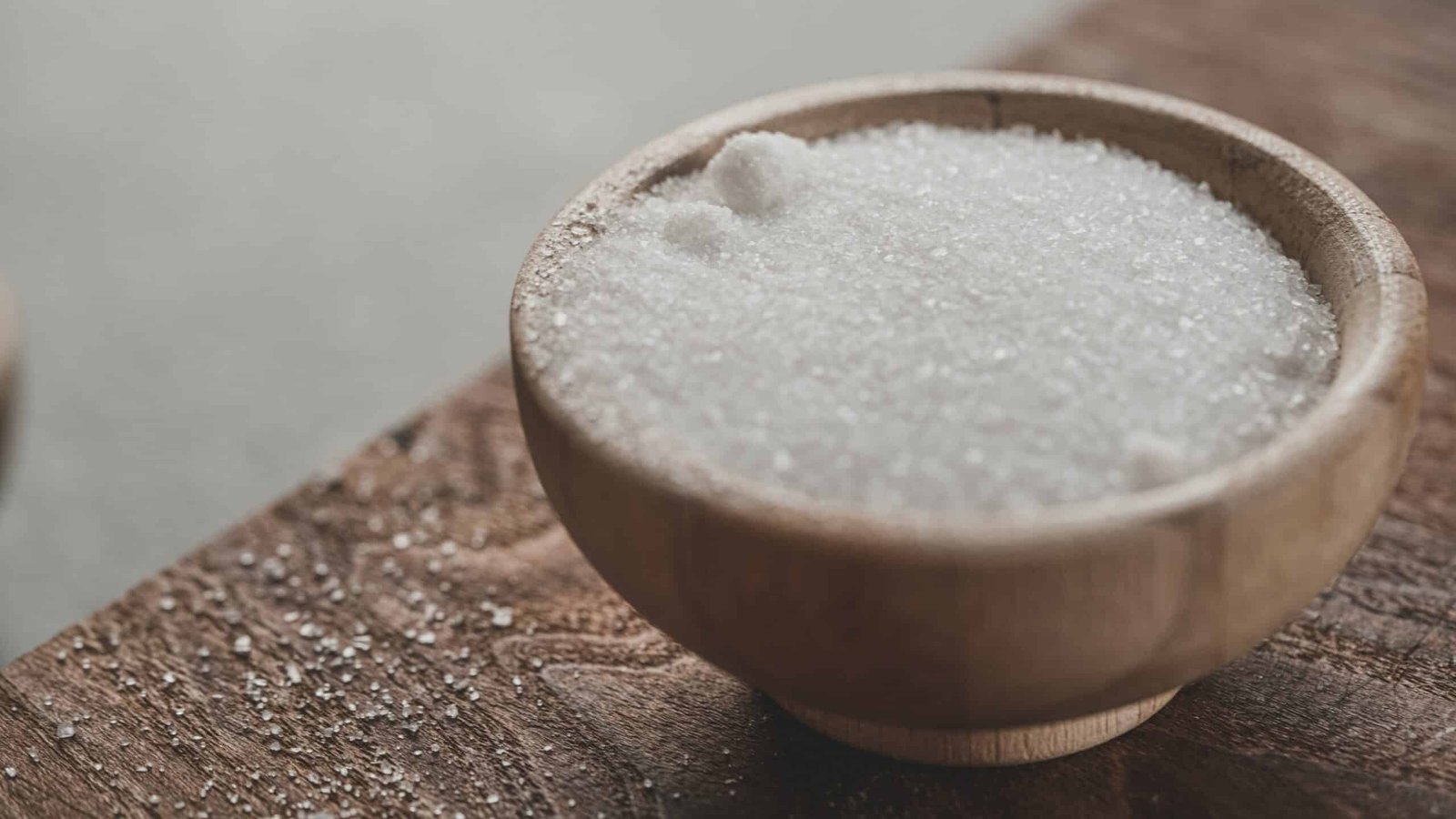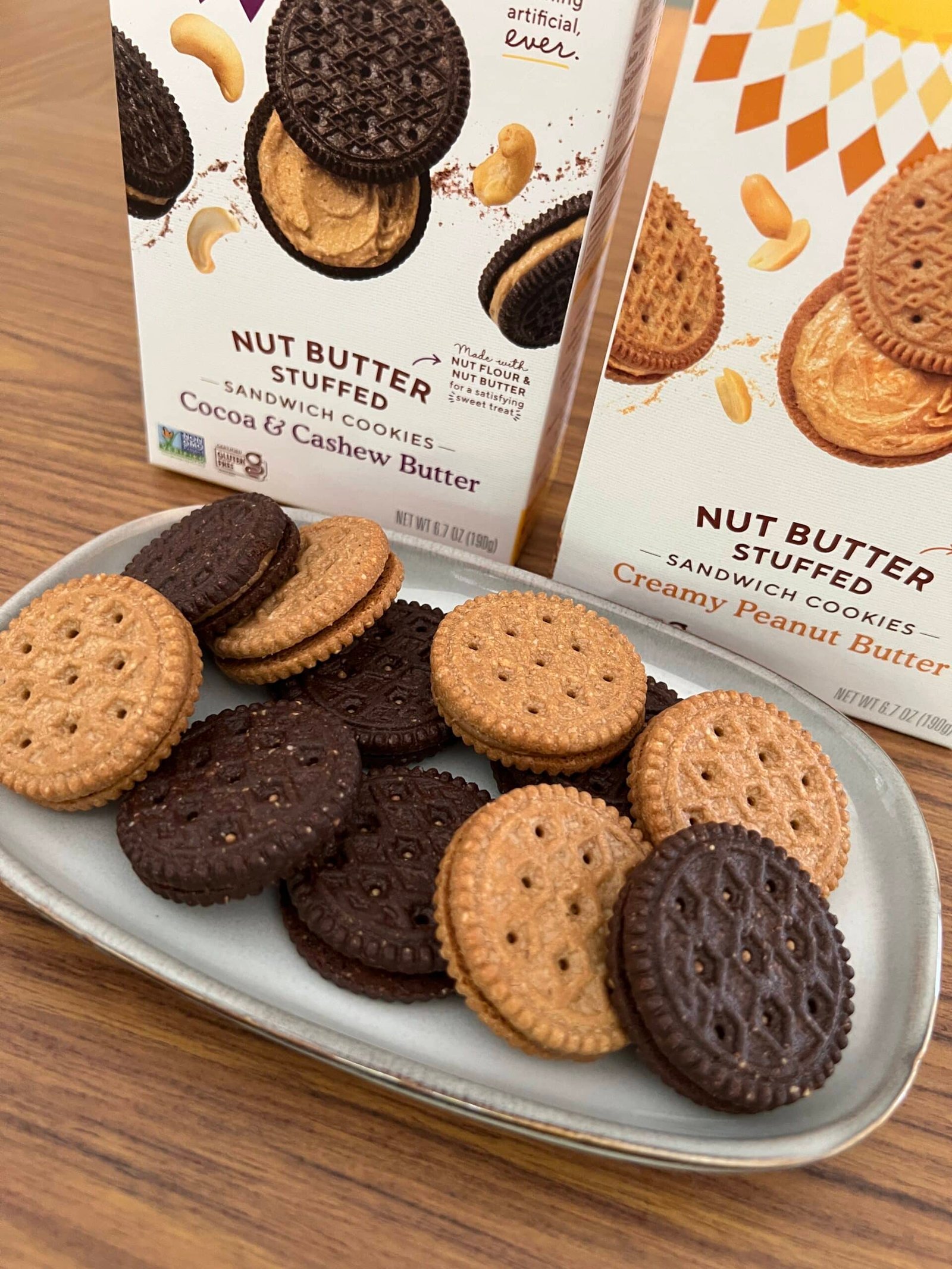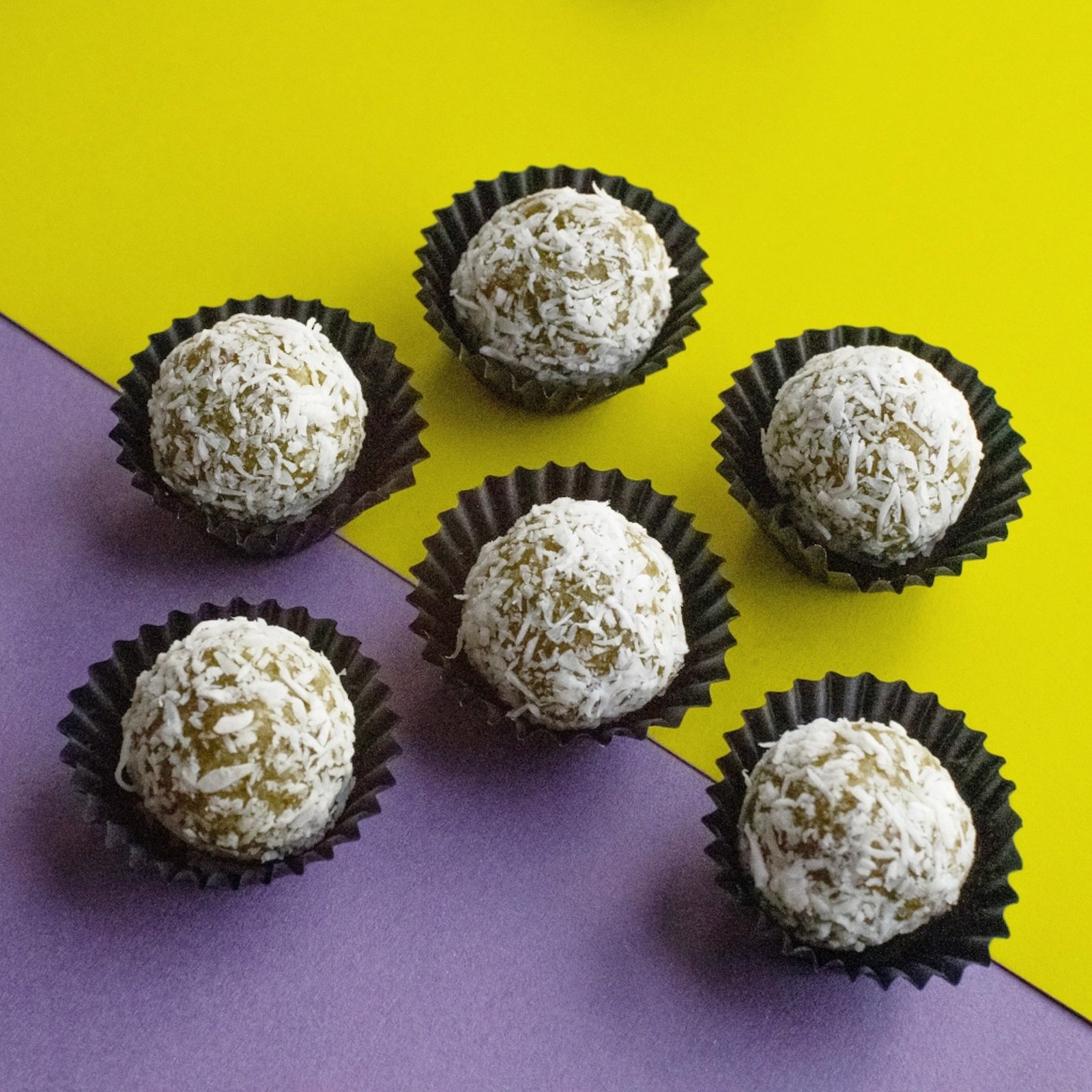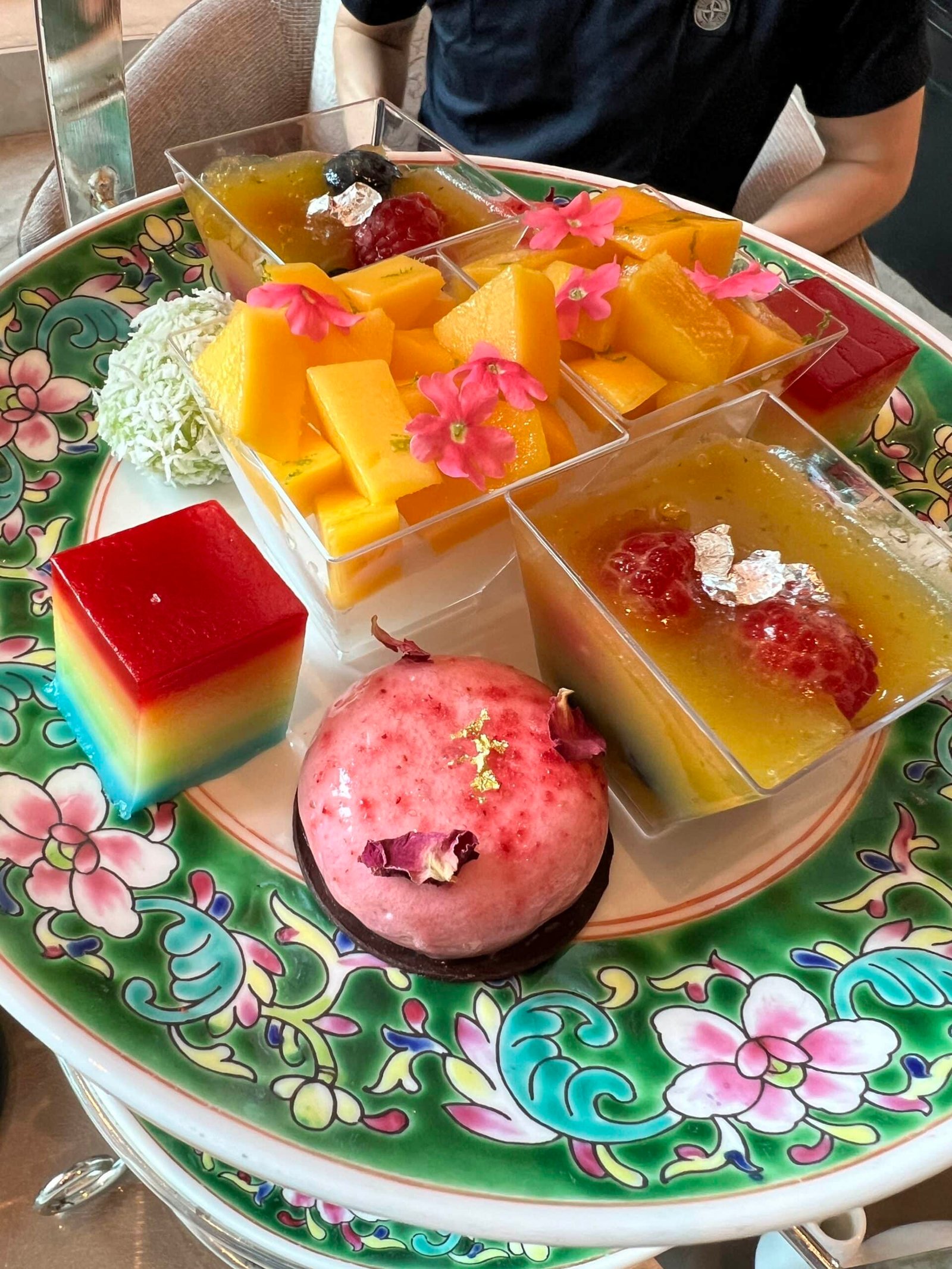Contents
Introduction
Why Transition to a Refined-Sugar-Free Diet?
Step 1: Start with Knowing Your Sugars
Step 2: Awareness – Know Where Sugar Hides
Step 3: Clean Out Your Pantry and Refrigerator
Step 4: Introduce Natural Sugar Substitutes
Step 5: Replace Sweet Treats with Healthier Versions
Step 6: Plan Your Meals and Snacks
Step 7: Be Patient and Persistent
Conclusion
Introduction
In today’s world, refined sugar is everywhere. It’s in your morning coffee, your snacks, even in seemingly healthy foods like granola bars or salad dressings. Many people are also becoming more aware of the harmful effects of refined sugar on health, such as obesity, diabetes, and heart disease.
If you’ve decided to ditch refined sugar, you’re already on the path to improving your overall well-being. Transitioning to a refined-sugar-free diet might feel overwhelming, but with the right plan and mindset, it can be done successfully.
This beginner’s guide will walk you through everything you need to know to eliminate refined sugar from your diet, including tips for making the process easier and suggestions for delicious alternatives.
Why Transition to a Refined-Sugar-Free Diet?
Before we dive into the steps of making this transition, it’s helpful to understand why you might want to eliminate refined sugar from your diet. While sugar itself isn’t inherently harmful, the way refined sugars are processed and consumed in modern diets can have detrimental effects on your health.
Here are some reasons:
- Lack of nutrients: Unlike non-refined sugar, which retains beneficial nutrients and minerals from its natural sources (like fruits and honey), refined sugar is stripped of all these nutrients during processing. This makes it a “empty calorie” food, providing quick bursts of energy but offering no nutritional value.
- Rapid digestion: Refined sugar is quickly absorbed by the body, causing a rapid rise in blood sugar levels.
- Increased insulin response: The quick rise in blood sugar triggers a large insulin spike, which can lead to insulin resistance over time, and increased inflammation in the body.
- Potential for overconsumption: Due to its lack of satiety, refined sugar is easier to consume in large quantities, contributing to weight gain.
Why non-refined sugar might be considered better:
- Lower glycemic index: Non-refined sugars are absorbed more slowly and can offer a more sustainable energy source
- Fibre content: Natural sugars like those found in fruits contain fibre, which slows down the absorption of sugar into the bloodstream, preventing blood sugar spikes.
- Nutrient profile: Fruits and other natural sugar sources provide additional vitamins and minerals alongside the sugar.
Now that you know why cutting out refined sugar can benefit your health, let’s look at how to get started!
Step 1: Know Your Sugars
The first step in transitioning to a refined-sugar-free diet is knowing which sugars are classified as refined sugars.
Here is a list:
- Cane sugar or white sugar
- Brown sugar
- Icing sugar
- High fructose corn syrup / Corn syrup
- Agave syrup
- Sucrose
- Dextrose
Step 2: Awareness – Know Where Sugar Hides
Refined sugar isn’t just in obvious sources like candy, soda, and cookies—it can also lurk in foods you might not expect, like:
- Condiments and sauces (ketchup, barbecue sauce, salad dressings)
- Processed foods (granola bars, crackers, prepackaged meals)
- Flavoured yogurt and smoothies
- Bread and baked goods
- Canned fruits and vegetables
Once you identify these sources, you can begin to replace them with alternatives that don’t contain refined sugar.
Step 3: Clean Out Your Pantry and Refrigerator
As with any lifestyle change, it’s best to start by cleaning out foods that no longer fit within your refined-sugar-free plan. This might seem daunting, but it’s an essential step in removing temptation and ensuring you have the right foods on hand.
Here’s what you should do:
- Read labels: For packaged foods, read ingredient lists carefully to identify any refined sugar in them.
- Plan your next grocery trip: Identify all items in your pantry containing refined sugar and write a list of healthier alternative brands to buy
- Replace processed snacks with whole foods: Replace sugary snacks and drinks altogether with healthier options like fresh, dried or freeze-dried fruits, nuts and seeds.
Step 4: Introduce Natural Sugar Substitutes
While you may have grown accustomed to sweet flavours, you don’t have to give up sweetness altogether. Fortunately, there are several natural sugar alternatives that can satisfy your cravings without the harmful effects of refined sugar.


Some popular refined-sugar-free sweeteners include:
- Date Sugar/Date Syrup: A sweetener derived from dates, the flavour is slightly malty and caramel-like.
- Yacon Syrup: A sweetener made from the juice of the yacon plant’s root. It is low in glycemic index and contains prebiotics that are good for gut health.
- Monk Fruit Sweetener: Derived from monk fruit, this sweetener has zero calories and doesn’t affect blood sugar levels. Erythritol, an artificial sweetener, is commonly added to monk fruit sweeteners, so look out for brands that do not contain erythritol.
- Stevia: A natural, zero-calorie sweetener derived from the stevia plant. It’s a great alternative for beverages or baking. Look out for brands that are 100% stevia powder without erythritol.
- Maple Sugar/Maple Syrup: A natural sweetener with a rich flavour that can be used in baking, coffee, or drizzled over pancakes.
- Coconut Sugar/Coconut Syrup: Made from the sap of coconut trees, coconut sugar has a lower glycemic index than regular sugar and can be used in most recipes.
- Raw Honey: Honey is a natural sweetener that contains vitamins, minerals, and antioxidants.
When substituting these natural sweeteners for refined sugar, be mindful of the ratios and adjust according to taste.
Step 5: Replace Sweet Treats with Healthier Versions
Cravings for sweets are inevitable, but transitioning to a refined-sugar-free lifestyle doesn’t mean you have to give up your favourite desserts. With a little creativity, you can make your favourite sweets without refined sugar.
Some ideas include:
- Refined-Sugar-Free Baking: Use natural sweeteners like the list above in your recipes for brownies, cookies, and cakes. You can also experiment with natural fruits as alternative sweeteners, such as banana, dates, prunes, apricots and sultanas.
- Fruit-Based Desserts: Enjoy baked apples, banana ice cream, smoothies or a fruit salad for a naturally sweet treat.
- Energy Balls or Date bars: Create no-bake energy bites using dates, nuts, and seeds for a sweet, satisfying snack.
There are countless refined-sugar-free dessert recipes available, so you won’t have to sacrifice flavour to stick to your new diet.
Step 6: Plan Your Meals and Snacks
One of the most effective ways to stick to a refined-sugar-free diet is by planning your meals and snacks ahead of time. This reduces the temptation to grab processed foods when hunger strikes. Meal prep can help you stay on track by ensuring you have nutritious, refined-sugar-free options available at all times.
Tips for meal planning:
- Prepare snacks in advance: Pack portion-controlled snacks like raw nuts, veggies with hummus, or fruit slices.
- Cook from scratch: Cooking meals at home allows you to control what goes into your food. Try making dishes like stir-fries, salads, or whole-grain bowls that don’t require refined sugar.
- Avoid sugar-laden condiments: Make your own salad dressings, sauces, and dips using fresh ingredients like lemon juice, olive oil, and herbs.
Having healthy meals and snacks prepped will make it easier to stick to your refined-sugar-free goals.
Step 7: Be Patient and Persistent
Transitioning to a refined-sugar-free diet can be challenging at first, especially if you’re used to consuming refined sugar regularly. The key is to be patient with yourself and stick with it. Your taste buds will adjust over time, and you’ll start to notice improvements in your energy and overall health.
Here are a few tips to make the transition smoother:
- Gradual transition: You don’t have to cut out all refined sugar overnight. Start the introduction slow by a gradual switch to healthier alternatives as you go.
- Don’t beat yourself up: If you slip up and eat something with refined sugar, don’t feel discouraged. Just get back on track the next time.
Conclusion
Transitioning to a refined-sugar-free diet can be a rewarding experience for your health, energy levels, and overall well-being. While it may take time to adjust, following these simple steps will make the process easier. Start by becoming aware of hidden sugars, replacing processed foods with healthier alternatives, and planning your meals and snacks ahead of time.
Remember, you don’t have to give up sweetness altogether—just opt for natural sweeteners and refined-sugar-free recipes. Be patient with yourself, and soon you’ll find that living without refined sugar is not only possible, but incredibly satisfying.
Are you ready to take the first step toward a healthier, refined-sugar-free lifestyle? Start today by cleaning out your pantry, choosing healthier options, and enjoying the benefits of a refined-sugar-free life!



